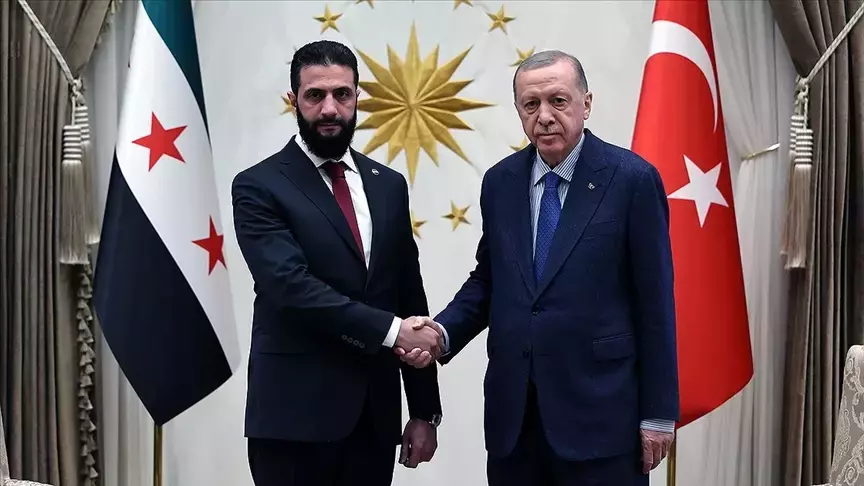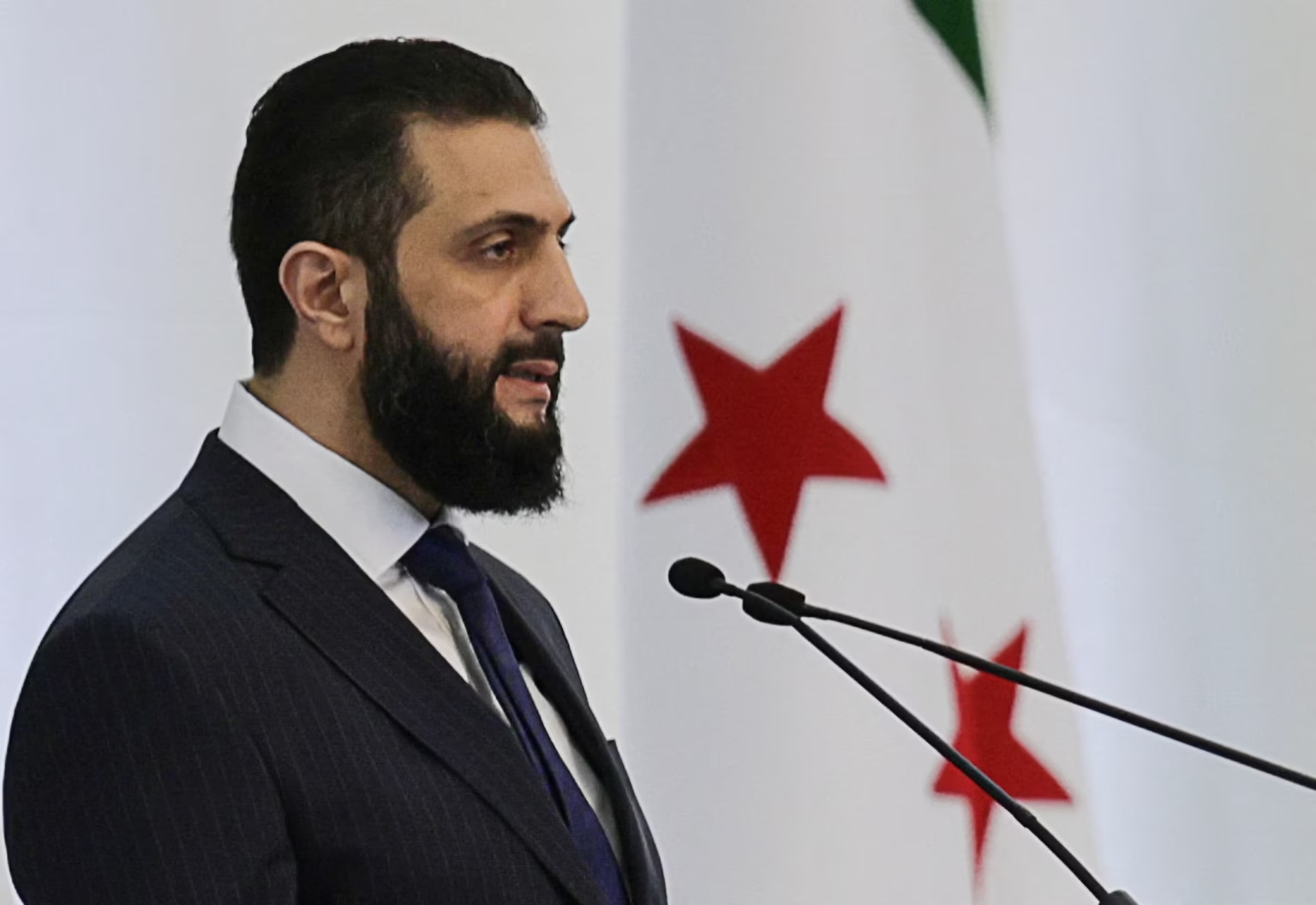Syria’s newly appointed President, Ahmed al-Sharaa, is set to make official visits to Turkey and the United Arab Emirates (UAE) next week. This marks a significant step in Syria’s renewed diplomatic efforts to rebuild ties across the Middle East after more than a decade of conflict and isolation.
The Syrian Foreign Ministry announced on Sunday that President al-Sharaa’s trip will begin on April 11, starting with a visit to Turkey where he is expected to attend the Antalya Diplomacy Forum. This will be his second visit to Turkey since he took office earlier this year, after the sudden departure of longtime ruler Bashar al-Assad in December.
Following his meetings in Turkey, President al-Sharaa will travel to the UAE. This will be his first visit to the Gulf nation as Syria’s head of state. During these meetings, the president is expected to discuss a range of political, economic, and regional issues with Turkish and Emirati leaders.
A Shift in Syrian Diplomacy
President al-Sharaa has wasted no time in reshaping Syria’s foreign policy. In February, he made his first international trips to Saudi Arabia and Turkey, signaling a desire to normalize relations with countries that were once critical of Syria’s former leadership. These trips are seen as part of a broader strategy to secure political recognition, attract foreign investment, and stabilize the war-torn country.

The visits come at a critical moment for Syria, which is still recovering from years of civil war, economic collapse, and international isolation. Large parts of the country remain in ruins, with millions of citizens displaced either inside Syria or as refugees abroad. The president’s recent moves suggest a clear intention to turn the page and reintegrate Syria into the Arab and global community.
What’s on the Agenda
While in Turkey, President al-Sharaa is expected to meet with Turkish President Recep Tayyip Erdoğan. Both leaders are likely to discuss border security, refugee repatriation, and economic cooperation. Turkey hosts over 3.6 million Syrian refugees and has played a significant role in northern Syria during the conflict. Improving ties with Ankara could be key to ensuring stability and starting the process of reconstruction.
At the Antalya Diplomacy Forum, al-Sharaa will also participate in talks with international leaders and diplomats. These conversations could open the door for broader regional support and financial backing for Syria’s recovery.
In the UAE, President al-Sharaa is expected to hold high-level discussions with Emirati officials about investment opportunities, trade relations, and regional security. The UAE has increasingly shown interest in playing a bigger role in rebuilding Syria. The Gulf country has re-established diplomatic relations with Damascus in recent years and has hinted at potential funding for rebuilding infrastructure and public services in Syria.
Pushing for Sanctions Relief
One of the president’s major goals is to push for the lifting of international sanctions that have crippled Syria’s economy. These sanctions were imposed by the United States, the European Union, and other Western powers during Assad’s presidency due to widespread human rights violations and the use of chemical weapons during the civil war.
Although President al-Sharaa was not involved in the past regime’s actions, the sanctions still remain in place. His administration argues that lifting them is necessary for Syria’s recovery and could help bring back international aid and investment.
However, Western nations have maintained that any sanctions relief must come with strong commitments to justice and human rights. There is increasing pressure from the United Nations and international human rights organizations for Syria to investigate and prosecute crimes committed during the war, including enforced disappearances, torture, and attacks on civilians.
President al-Sharaa has so far promised transparency and cooperation with international institutions, but meaningful actions will be closely watched.
A Regional Rebalancing Act
The visits to Turkey and the UAE are also part of a larger political balancing act. President al-Sharaa is trying to build stronger relationships not just with Syria’s neighbors, but also with key players in the Gulf and broader Middle East. With countries like Saudi Arabia and the UAE recently mending ties with Iran, there is a renewed push for regional dialogue and de-escalation of conflicts.
Syria’s participation in these discussions could pave the way for more Arab states to engage with Damascus and offer support in rebuilding efforts. This is particularly important as Syria is seeking reentry into regional organizations like the Arab League, from which it was suspended in 2011.
Eyes on the Future
The international community will be watching President al-Sharaa’s visits closely. His ability to build trust with neighboring countries and secure financial and political support will determine how fast Syria can move toward peace and recovery.
For Syrians, there is cautious hope. Many are eager for better living conditions, job opportunities, and the chance to return to their homes. If President al-Sharaa’s diplomatic outreach is successful, it could mark the beginning of a new chapter for the nation.
While many challenges remain — including political divisions, security concerns, and the burden of rebuilding — the upcoming visits could set the tone for Syria’s path forward. The world will be paying attention.
Qatar Denies Allegations of Undermining Egypt’s Role in Hostage Negotiations



